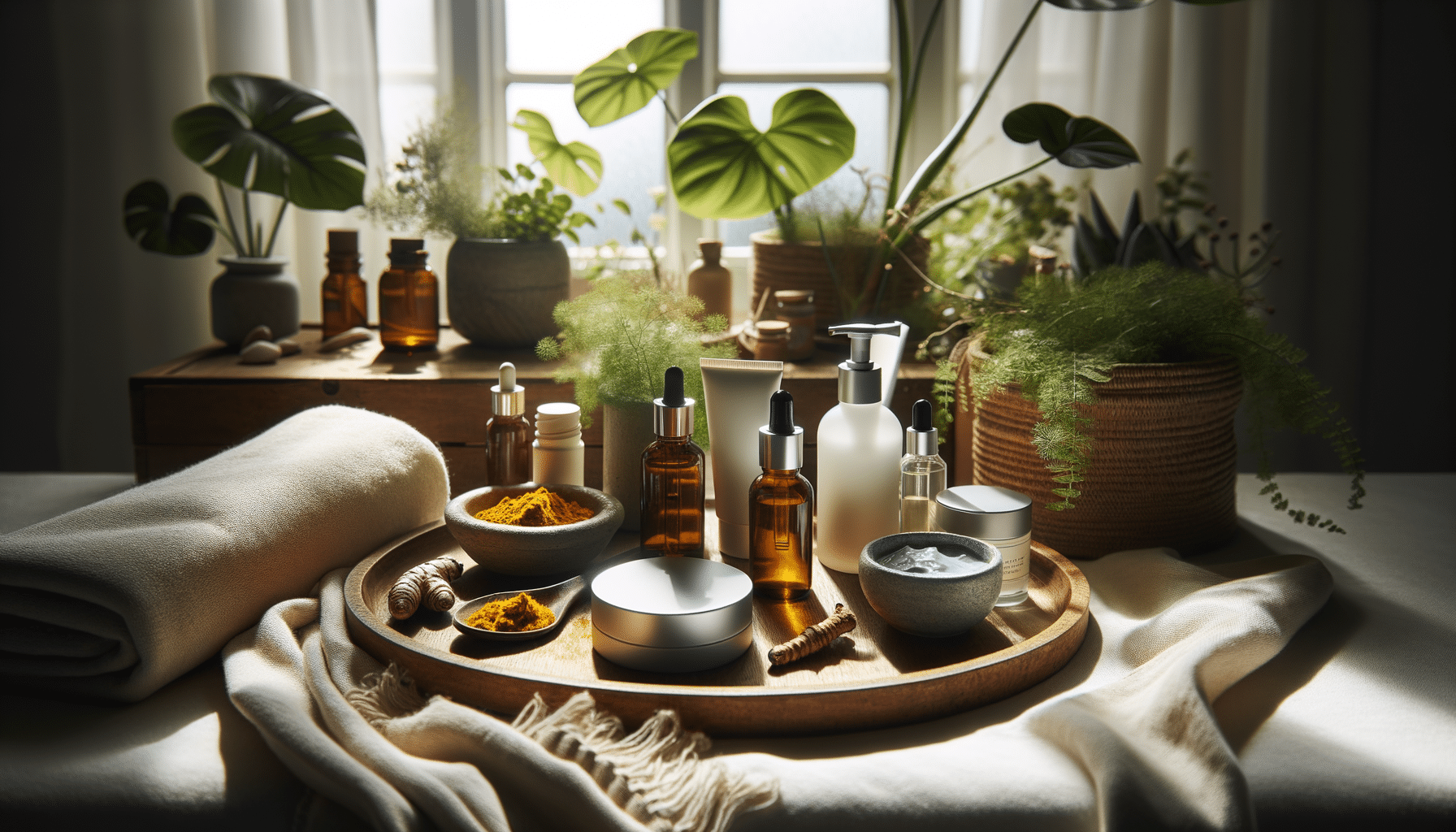
Discover Options for Dark Spot Treatments
Understanding Dark Spots and Their Causes
Dark spots, also known as hyperpigmentation, are a common skin concern that can affect individuals of all ages and skin types. These spots occur due to an overproduction of melanin, the pigment responsible for skin color. Factors contributing to this condition include sun exposure, hormonal changes, inflammation, and aging. Understanding the root causes of dark spots is crucial in selecting the appropriate treatment and prevention strategies.
Sun exposure is one of the primary causes of dark spots, as ultraviolet (UV) rays can trigger melanin production. Wearing sunscreen daily and seeking shade during peak sun hours can help minimize this risk. Hormonal changes, such as those occurring during pregnancy or with the use of certain medications, can also lead to melasma, a form of hyperpigmentation. Additionally, inflammation from acne or skin injuries can result in post-inflammatory hyperpigmentation, leaving dark spots behind as the skin heals.
By identifying the specific causes of dark spots, individuals can better tailor their skincare routines to address and prevent these skin imperfections. Employing preventive measures such as sun protection and gentle skincare regimens can significantly reduce their occurrence.
Exploring Topical Treatments for Dark Spots
Topical treatments are a popular and accessible option for managing dark spots. These treatments often include ingredients such as vitamin C, niacinamide, and hydroquinone, which are known for their skin-brightening properties. Vitamin C is a powerful antioxidant that helps reduce melanin production and protects the skin from free radical damage. Niacinamide, a form of vitamin B3, can improve skin tone and texture, making it an effective choice for those looking to diminish dark spots.
Hydroquinone is a skin-lightening agent often recommended by dermatologists for its efficacy in reducing hyperpigmentation. However, it should be used under professional guidance, as prolonged use can lead to skin irritation or adverse effects. For those seeking a more natural approach, ingredients like licorice extract and kojic acid can offer gentle alternatives to chemical treatments.
When choosing a topical treatment, it’s essential to consider your skin type and any sensitivities you may have. Consistent application and patience are key, as it may take several weeks or months to see significant improvements in dark spots.
Professional Cosmetic Treatments: A Closer Look
For individuals seeking faster or more dramatic results, professional cosmetic treatments can provide effective solutions for dark spots. Options such as chemical peels, laser therapy, and microdermabrasion are popular among those looking to enhance their skin’s appearance. Chemical peels involve the application of a solution that exfoliates the skin, promoting cell turnover and revealing a brighter, more even complexion.
Laser therapy targets melanin in dark spots, breaking it down to reduce pigmentation. This treatment is known for its precision and effectiveness, although it may require multiple sessions for optimal results. Microdermabrasion is a non-invasive procedure that gently exfoliates the skin’s surface, improving texture and tone while reducing the appearance of dark spots.
Before undergoing any professional treatment, it’s crucial to consult with a qualified dermatologist or skincare specialist. They can assess your skin type, discuss potential risks, and recommend the most suitable options based on your individual needs and goals.
Natural Remedies for Dark Spot Reduction
For those who prefer a more holistic approach, natural remedies can offer gentle alternatives for reducing dark spots. Ingredients such as aloe vera, turmeric, and apple cider vinegar are acclaimed for their skin-brightening properties and minimal risk of irritation. Aloe vera contains aloin, a compound that can lighten hyperpigmentation, while turmeric is rich in curcumin, an antioxidant with anti-inflammatory benefits.
Apple cider vinegar contains acetic acid, which may help exfoliate the skin and reduce dark spots over time. These natural remedies can be easily incorporated into your skincare routine, often as masks or spot treatments. However, it’s essential to conduct a patch test before applying any new ingredient to your skin, as natural products can still cause allergic reactions in some individuals.
While natural remedies may take longer to show results compared to commercial treatments, they can be a safe and cost-effective option for maintaining skin health and achieving a more even complexion.
Maintaining Skin Wellness and Preventing Dark Spots
Achieving and maintaining healthy skin requires a comprehensive approach that includes both treatment and prevention strategies. Consistent skincare practices, such as cleansing, moisturizing, and sun protection, are fundamental to skin wellness. Incorporating antioxidants into your diet and skincare routine can also help protect the skin from environmental damage and reduce the risk of dark spots.
Regular exfoliation can enhance cell turnover, promoting a brighter and more even skin tone. However, it’s important to avoid over-exfoliating, as this can lead to irritation and exacerbate dark spots. Keeping the skin hydrated and nourished with a balanced diet rich in vitamins and minerals is equally crucial for maintaining its overall health and resilience.
By adopting a proactive approach to skincare and making informed choices about treatments and products, individuals can effectively manage dark spots and enjoy a radiant, healthy complexion.


